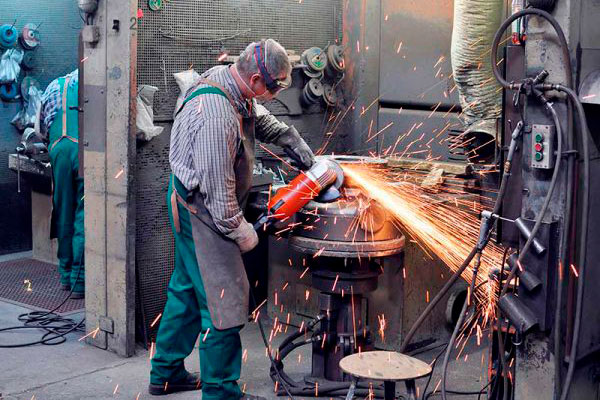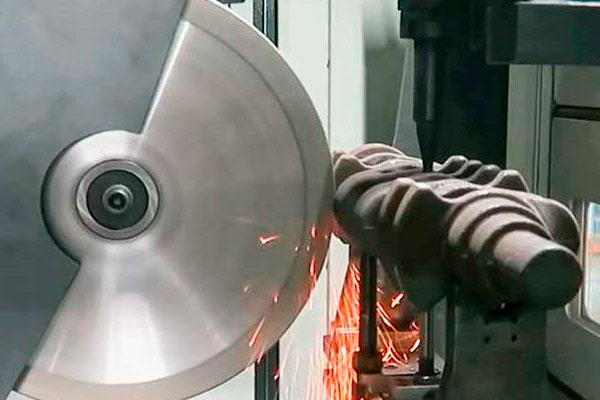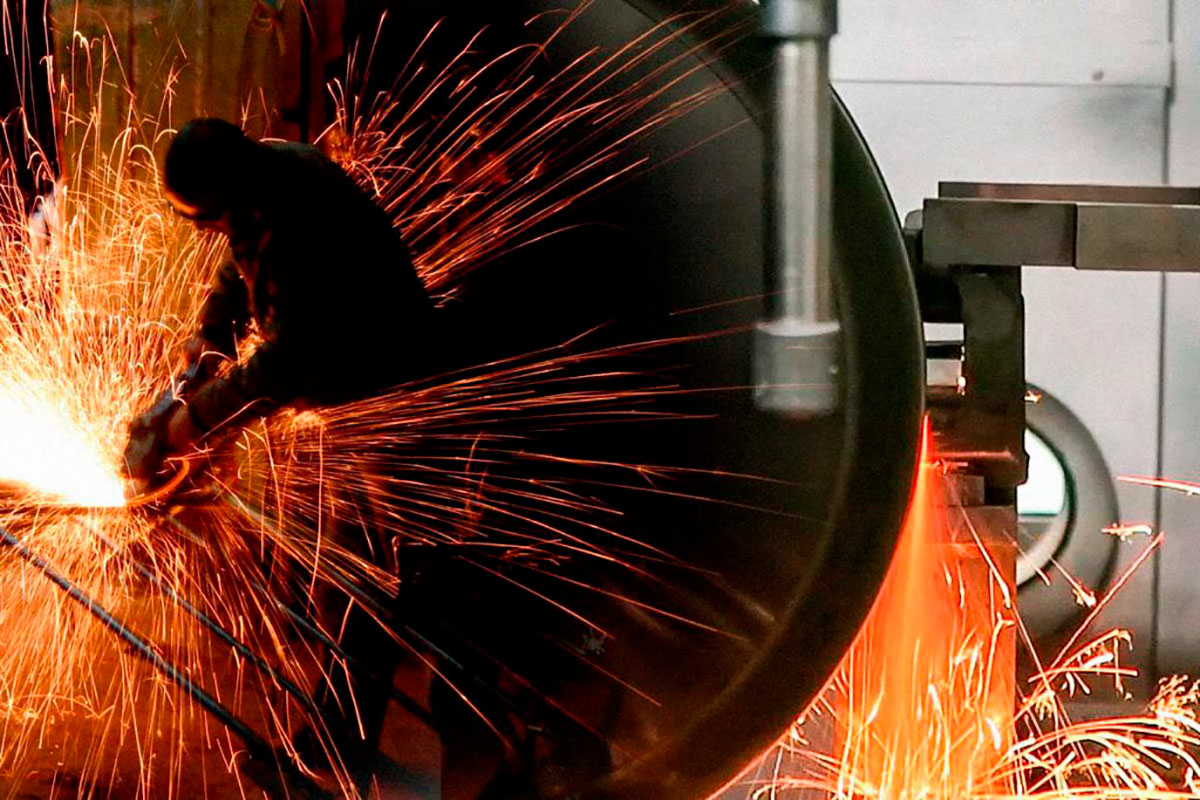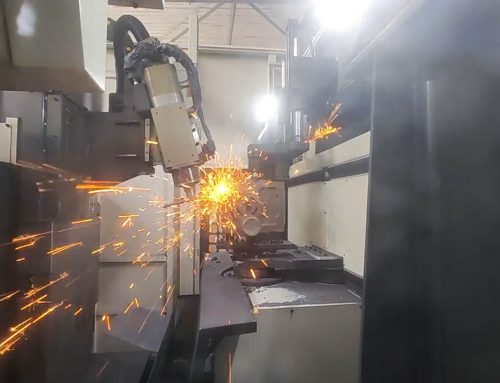Foundries and Covid-19: a lesson to learn.
In today’s challenging scenario it is more important than ever for foundries to seriously evaluate transition from manual to automatic in the finishing shop.

The driving factors behind an investment before pandemic
Before the pandemic, foundries investing in automatic grinding considered the following as the most common driving factors:
Production improvement
Adding automatic grinders allow foundries to increase their daily output thanks to the higher productivity of the machine vs the worker (3 to 5 times faster depending on casting size and weight), hence the investment in such an equipment is usually driven by the need to improve productivity.
Quality improvement
using an automatic solution (either CNC or robotic) guarantees a repeatable finishing quality and a stable ground surface on the processed part. Furthermore switching to an automatic process ensures to maintain high and consistent quality performance over time as it is not anymore dependable on the experience of the workers grinding the parts manually.
Reduction of health safety issues
introducing an automatic grinder into the finishing shop allows workers to operate in a cleaner environment (dust and sand are confined inside the grinder sealed chamber) and also relieves them from close contact with the grinding tools eliminating the risk of accidents and injuries typically connected with the manual operations.
The Covid-19 lesson: shortage of people
In the past year, because of the pandemic, foundries have been facing a new issue which led them to a more careful evaluation and might actually give them one more reason to invest in automation: The sudden shortage of manpower in the grinding shop.
All industries have faced, during the Covid-19 times, a shortage of workers and this scenario has affected especially those sectors where people are employed in relevant numbers, like the foundries finishing shop.
The fear of infection, strict measures for social distances, border closure and mobility issues have generated a dramatic reduction in staff availability.
This unprecedented scenario has caused in many cases a consistent drop if not a complete stop of the finishing shop activity with severe negative impacts in foundries cash flow.
Relying on a fully manual fettling process (either internal or handled over to outside vendors), to minimize the fettling cost, has turned out to be a “mission impossible” and eventually even backfired in the current challenging times.


The time for automation in the grinding shop is now
The first year of Covid19 era has forced the entire working world to develop a new “style”, trying to counterbalance the limitations imposed by the global pandemic control efforts with the exigencies and needs of the market and thus taking advantage of the new communication skills offered by latest technologies.
Travels and face to face meetings have been replaced by videoconferences and remotely managed activities, connecting people around the world at an unprecedented level and in a totally new way.
As far as foundries are concerned, manpower has always been “taken for granted” and considered a guaranteed service, but the pandemic might have completely changed this vision.
After the issues they faced and the concrete possibility to lose jobs and opportunities foundry owners must now start to consider seriously the shift towards automation, using the newest and best technology on the market. Their time for indecision is over and they need to invest now and step into the automation era in order to maintain their businesses alive and their production ongoing despite the reduction in manpower availability this pandemic or other future unforeseen challenges may cause.









